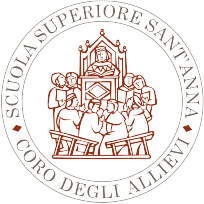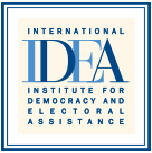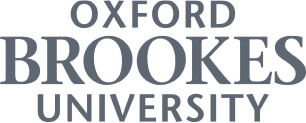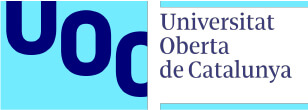UN Photo/Martine Perret
About
Complex man-made crises, conflicts, violence, and unrest have become a major concern for the international community. Designing interventions in these extremely volatile contexts requires specific knowledge and skills that would enable involved professionals to minimize negative impacts and maximize opportunities for positive and sustainable changes. The online Master in Humanitarian Action and Peacebuilding explores the interactions between these two fields, by linking theory with practice and applied knowledge. The programme envisages online lectures, discussions with key practitioners, experience sharing, and critical reflections – all within the framework of an action research-based approach. The programme aims to enhance reflective practices by combining the art of conflict-sensitive approaches to humanitarian and peacebuilding programming with the appreciation of the wider context in which these interventions unfold.
The programme is designed for practitioners working in the fields of humanitarian action and peacebuilding, though is also open to personnel working in related fields (such as military and police officers deployed or about to be deployed in field operations, civil servants – including diplomats – in charge of humanitarian affairs, academics teaching humanitarian affairs, journalists, etc.) who seek to develop a more holistic understanding of critical issues related to humanitarian action and peacebuilding. Finally, the programme addresses practitioners working within other professional sectors, interested in exploring opportunities in the fields of humanitarian action and peacebuilding.
About
The programme is designed for practitioners working in the fields of humanitar an action and peacebuilding, though is also open to personnel working in related fields (such as military and police officers deployed or about to be deployed in field operations, civil servants – including diplomats – in charge of humanitarian affairs, academics teaching humanitarian affairs, journalists etc.) who seek to develop a more holistic understanding of critical issues related to humanitarian action and peacebuilding. Finally, the programme addresses practitioners working within other professional sectors, interested in exploring opportunities in the fields of humanitarian action and peacebuilding.
“Since early human history, there has been a need for peace and security while managing and resolving conflicts that come from living in society. Nowadays more than ever, there is a need for highly skilled professionals in the peace, security, and conflict fields.”
Dr. Brigitte Piquard, HAP Programme
Director, Oxford Brookes University
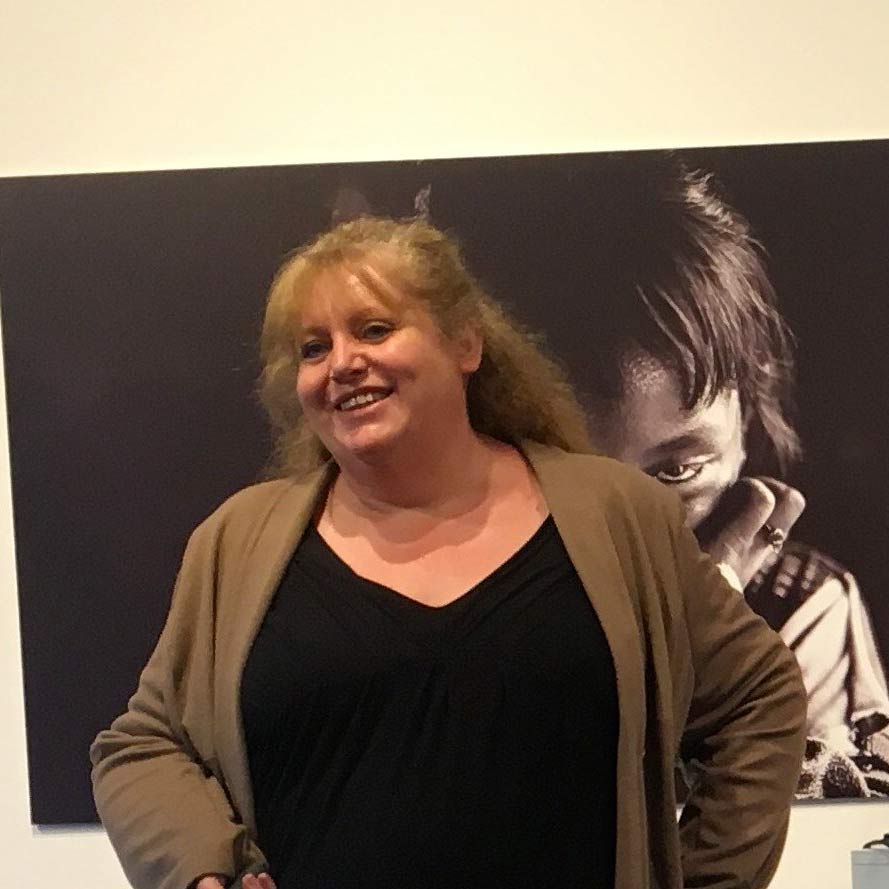
Curriculum
The Master in Conflict, Peace and Security is a certified degree awarded upon the completion of 60 ECTS. The Master is awarded according to the rules and regulations set by the Spanish education system. Giving its specificity, it does not give automatic access to Doctoral studies (PhD and similar). Validation of credits for access to such programmes can be requested from competent institutions.
Applications are open throughout the year and students are accepted on a rolling basis. However, deadlines exist to be considered for a specific semester.
Exit awards are possible at PG Certificate level after completion of the three core modules (60 Brookes credits or 30 ECTS) and at Diploma level after completion of 120 Brookes credits (six ‘taught’ modules) or 60 ECTS. The modules run from September to November, January to March, and April to July, except for the dissertation module which runs over two terms.
Frequently Asked Questions
Not at the moment, however, there is a possibility to pay the tuition fee in different instalments. More information can be found here.
Yes, MAHAP was designed to be a part-time programme. MAHAP is usually studied over 30 months. Being part-time, it allows you to remain in the field working whilst completing your studies. However, you can extend your studies if needed and take up to 5 years to complete it. Or finish it in 24 months if you can take time off work to complete the course.
The programme is open to all candidates who fulfil at least one of the following conditions:
- hold an approved honours degree (or equivalent) at 2:1 or above in a relevant discipline, and preferably some experience in the field of humanitarian action and peacebuilding or related fields;
- hold a relevant recognised diploma and/or certified professional qualification and 3 to 5 years’ experience in humanitarian action and peacebuilding or related fields;
- have substantial and proven field experience (minimum 10 years) in humanitarian action, peacebuilding and related fields.
In exceptional circumstances, where applicants can show that they have qualifications or experience or both that demonstrate that they have knowledge and capabilities equivalent to those listed above, they may be admitted onto the course.
The programme is 100% online conducted via webinars, tutorials, discussions and group work. The workload per module is estimated to be 200 hours per module divided into four types of activities.
Around 25 % of your time will be spent in staff-led activities such as webinars, tutorials and discussions, 25% of your time will be spent in self-led activities such as readings or independent exercises, another 25 % will be used in preparing your assignments and finally the remaining quarter of your workload will be directly derived from or based on professional past of current practices.
The fee for 2021/2022 is GBP 9,400.
United Nations Institute for Training and Research (UNITAR)
Division for Peace
Avenue de la Paix 7 bis, CH 1202, 2 Geneva, Switzerland
E-mail: mahap@unitar.org
Testimonial

Dr. Brigitte Piquard, HAP Programme
Director, Oxford Brookes University





